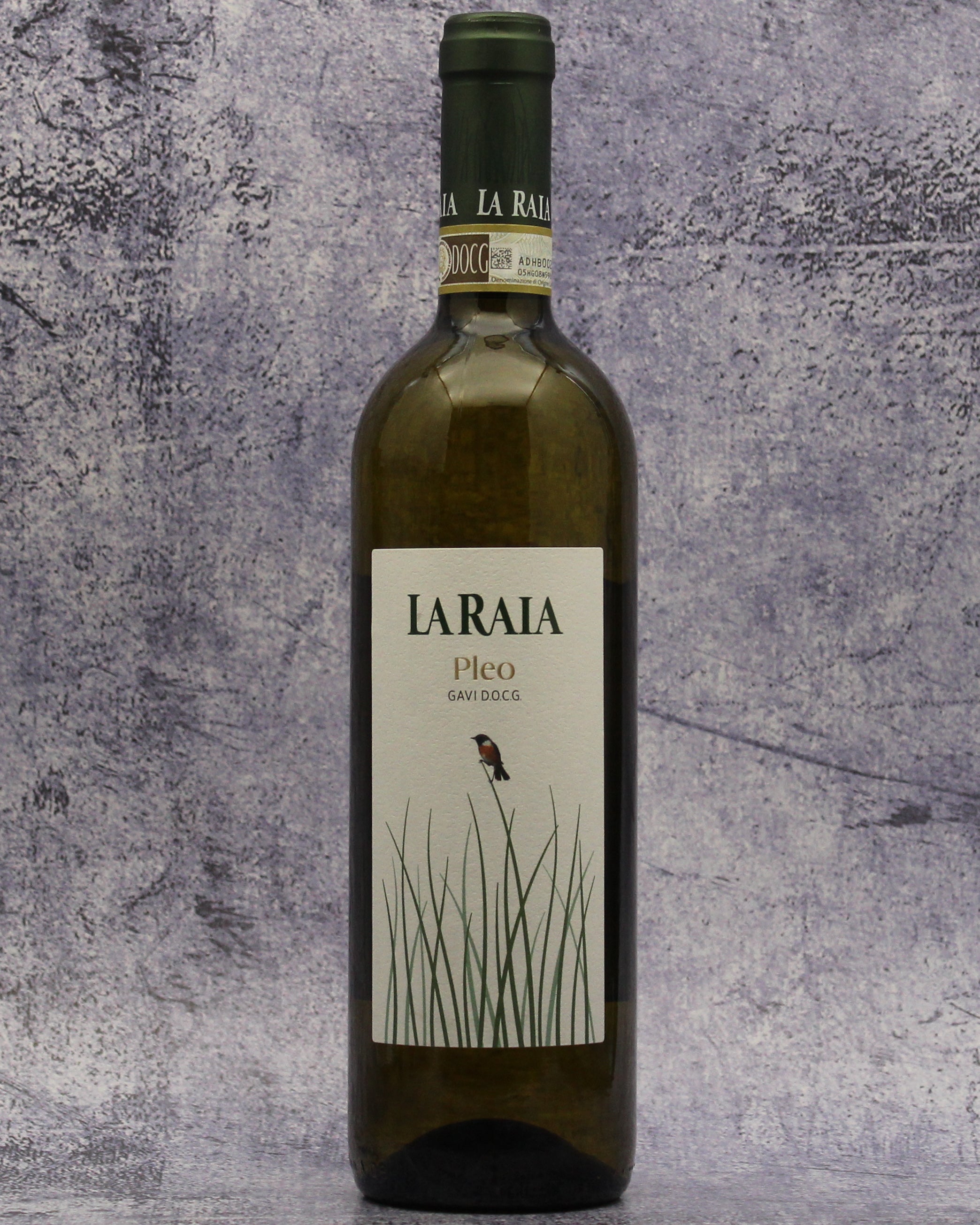Description
From: Gavi, Piedmont, Italy
Varietal: Cortese
Taste: This wine is straw-yellow with subtle greenish hues. On the nose, it shows refined aromas of green apples, white flower blossoms, and a delicate mineral essence, complemented by bright notes of lemon zest and subtle sea salt. The palate follows the nose and is lively and balanced, with refreshing acidity. A subtle hint of almond on the finish adds depth to its clean and vibrant character, reminiscent of an orchard in full bloom.
Pairing: This wine is easy to pair with all kinds of different regional cuisines, but here are some classic Italian dishes to give you a little inspiration for pairing this Gavi. Start with a classic aperitivo pairing of bruschetta al pomodoro or frittata di verdure, where its citrusy notes enhance the fresh ingredients. For a first course, it beautifully complements risotto alle verdure di stagione (seasonal vegetable risotto) or tagliatelle al ragù di pesce (tagliatelle with fish ragù), as its crisp profile cuts through the richness of the dishes. For mains, try it alongside pollo al limone (lemon chicken) or orata al forno con erbe aromatiche (baked sea bream with herbs), where its subtle almond finish and lively acidity highlight the delicate flavors. Finally, pair it with mozzarella di bufala or ricotta fresca for a simple yet delightful match that underscores the wine’s minerality and elegance.
Tomato Bruschetta
By Ali Slagle
About: La Raia Winery is located in the Gavi DOCG region of Piedmont, Italy. It is celebrated for its commitment to biodynamic viticulture and its immersive relationship to classical and modern arts. The estate spans over 180 hectares, with approximately 48 hectares devoted to vineyards. The remaining land is a mix of pastures, woodlands, and rolling hills, underscoring the estate’s interest in maintaining environmental balance and biodiversity.
The winery was established in 2002 by the Rossi Cairo family, who were drawn to the potential of the Gavi region and inspired by the principles of Rudolf Steiner's biodynamic philosophy. The family sought to create a sustainable and self-sufficient agricultural ecosystem, integrating winemaking with a broader vision of land stewardship. Their farming approach emphasizes the soil's health, the vines' natural vitality, and the surrounding environment.

